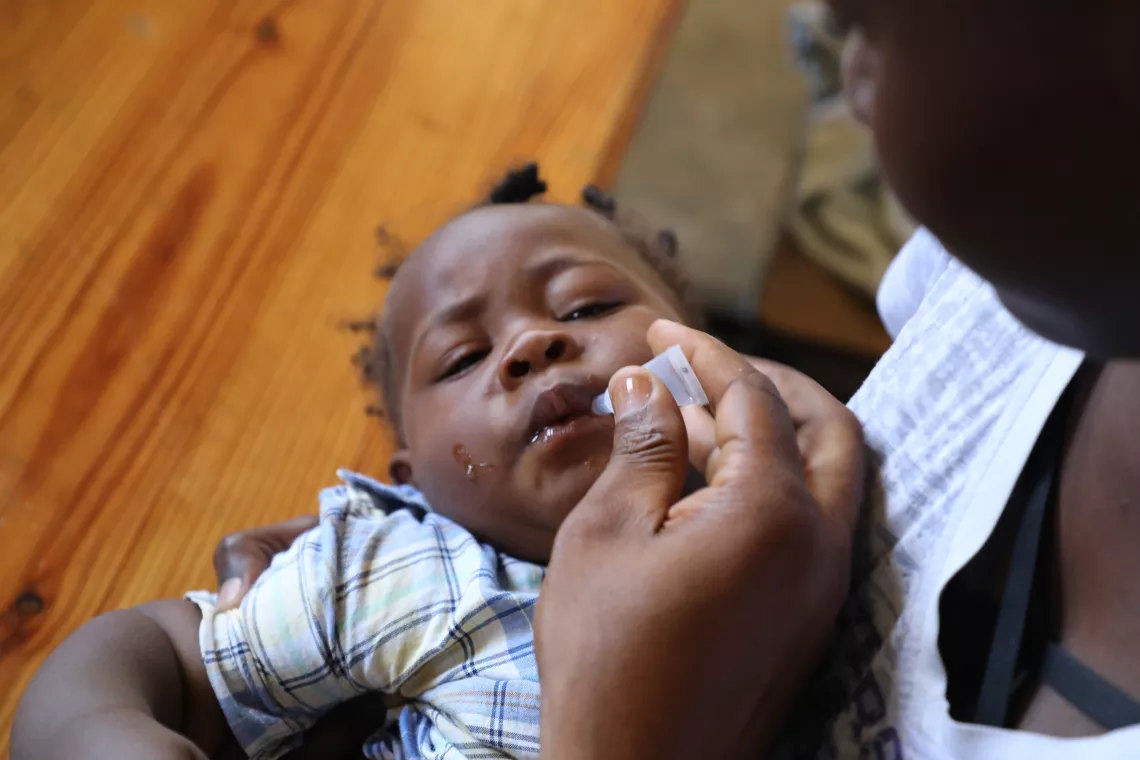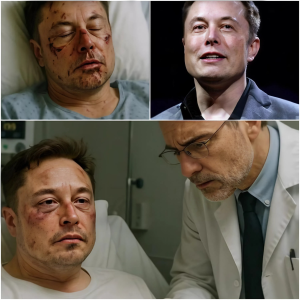Port-au-Prince, March 11, 2023 – In the streets of Port-au-Prince, the sound of gunfire has become a daily reality for many Haitians. Only a month ago, Josette*, a courageous mother, lost her husband to gunfire by armed groups. Left alone to care for their child, she had no choice but to flee their home to escape the escalating violence ravaging the community.
“From my house I could hear the cries of children and women in tears. I feared so much for our lives,” she recalls. Gathering a few of the family’s possessions, including her child’s backpack, she sought refuge at a site for displaced persons.
Josette’s story is far from unique. Violence in all its forms has plunged the population, especially children, into a spiral of terror and despair.
The recent surge in violence in Haiti is simply unbearable for children. Families are already enduring relentless attacks of extreme violence from armed groups, with each day bringing its horrors, such as the loss of loved ones or their homes, set ablaze or destroyed by gunfire. Fear is omnipresent.
Beyond the immediate violence, the very future of Haitian children is at stake. The recent security crisis has led to the closure of schools in the metropolitan area of Port-au-Prince, depriving thousands of children of their fundamental right to education.
Some schools serve as shelters for the thousands of people displaced by the violence. Among them. Thousands of school-age children in the capital have had their schooling interrupted, while many have fled with their families to other departments, notably in the south of the country.
Parents’ anger is growing – over the ongoing violence, but also because they have already paid school fees and purchased school supplies even as their children are unable to attend school.
“I did everything to send my children to school, but violence continues to deprive them of this opportunity,” one displaced mother says. “Last year, my son had to stop going to school because of the gunfire. This year, it’s the same thing. It’s unfair.”

UNICEF and its partners are mobilizing to offer some hope to Haitian children affected by the crisis. Despite the extreme challenges in delivering support, UNICEF is working as part of its emergency humanitarian response to meet the essential needs of the most vulnerable people. Safe spaces are being established to allow children to regain some semblance of normalcy through recreational and educational activities. Meanwhile, mobile clinics provide integrated healthcare to displaced communities, including medical consultations and treatments, vaccination for children under 5 and pregnant women, and nutritional services.
Nathalie, 20, had her child vaccinated at one of these clinics.
This morning, the doctor asked me if my child had already received his vaccine. Until now, I didn’t know I had to vaccinate him,” she says. “I’m happy to have done it today. With so many sick children here, it’s reassuring to know that my child is now protected.

But the challenges still facing families are enormous. Hospitals have been targeted by armed groups and forced to evacuate patients. Essential social services are on the verge of collapse, and medical supplies are scarce. By mid-March, only two surgical wards were operational in Port-au-Prince.
As part of its response, UNICEF has distributed 1,500 hygiene kits to those staying at sites for displaced persons to help prevent the spread of diseases. The kits should help around 7,500 people living at three sites established at schools since a recent surge in violence.
But the humanitarian emergency in Haiti remains heavily underfunded. By mid-March only 8 per cent of the $221.7 million needed had been mobilized. As humanitarian needs continue to grow, UNICEF requires additional funds, especially flexible funding, to help it provide a rapid response and to protect vulnerable Haitian children.









